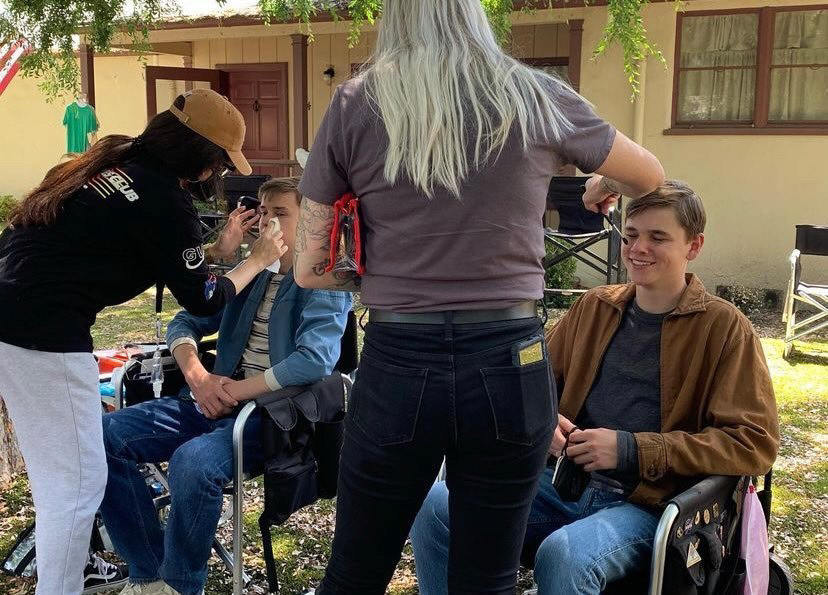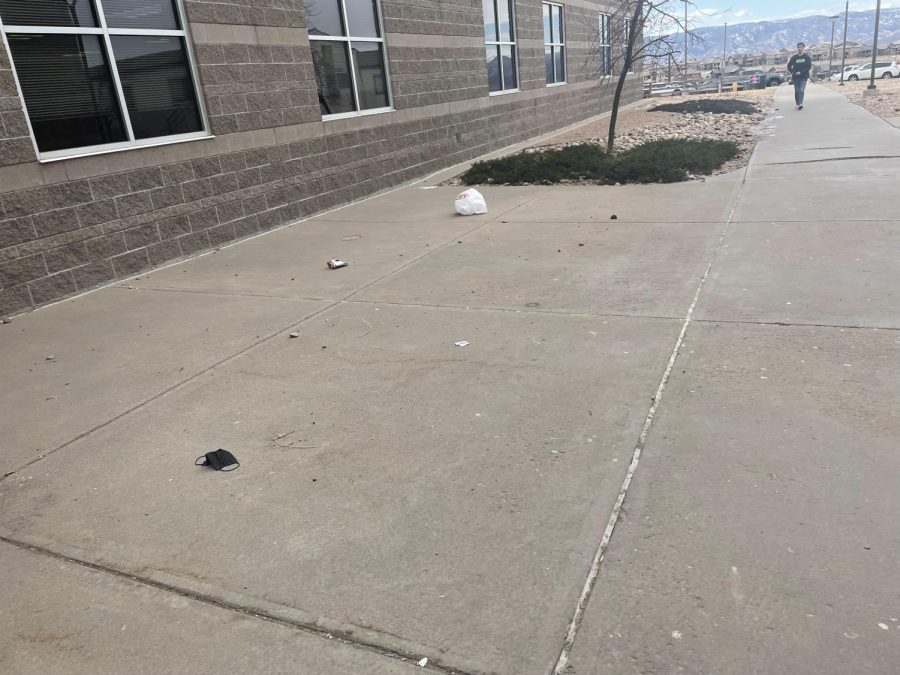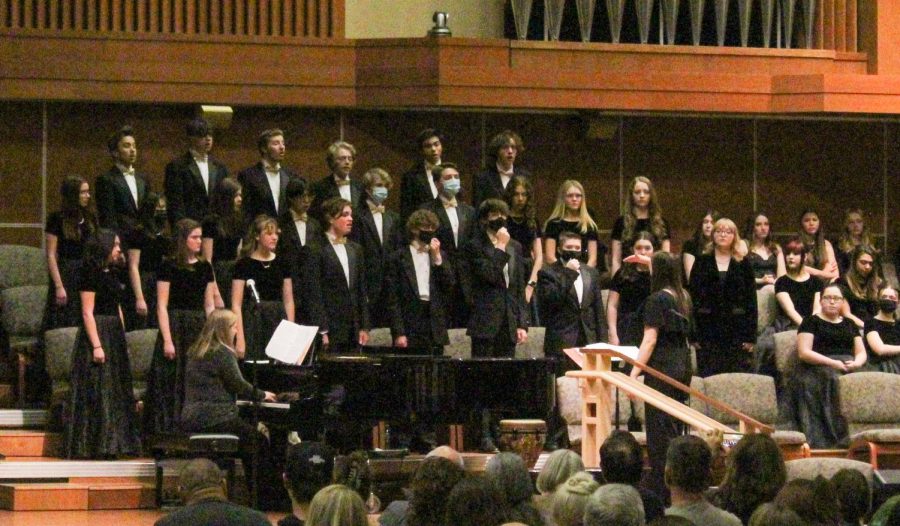KATIE PICKRELL
So, if you know me, you probably know I’m a supporter of Bernie Sanders and as soon as you saw the byline you felt betrayed. You’re now sitting there reading this like “Wow, okay, that title was totally misleading,” because you were expecting someone to reaffirm your strong beliefs in America’s dog-eat-dog world of capitalism, even if it is at times package bundled with lack of opportunity and, as I’ll continually address in following lines, proper education.
But I’m not writing this just to tell you you’re wrong about the ins and outs of democratic socialism (which, by the way, wouldn’t completely eradicate the free-market economy you so desperately cling to while possibly not fully understanding how high taxes and economic incentives don’t mark its death). I’m only sitting at the keyboard because I’ve noticed a stigma built up in conservative America (and even somewhat in “liberal” America) tarnishing the idea of “free” higher education for being, well, not free.
News flash: I know.
Super-duper news flash: Almost everyone who’s supporting Sanders also knows.
Usually when I see the “Things a Bernie supporter will never understand” memes, I just hit the unfollow button. Today I’ve decided to go about it differently. This sudden shift in action is easily explained: Ignoring the fact that there’s so many people out there who are completely unable to recognize and comprehend something they didn’t come up with themselves isn’t effective. So, I’m here to set some people straight on a few things.
The proposals, such as the one Sanders has introduced, to eliminate student-paid tuition are not free.
We get it… not free.
Let me say it a little differently one more time just to really get the point across: It costs money.
Money is real.
Spooky.
As of now, everyone should be on the same page, regardless of whether or not we’re in agreeance on what money goes where.
So let’s move on and take a peek into the controversial side of the dollar – taxes – by asking a simple question regarding Sanders’ free college plan.
Why should we allow people who don’t pay much in taxes to ride off the money from higher socioeconomic classes to get a higher education?
What a fantastic question, probably coming from someone who doesn’t necessarily have to worry about going bankrupt to acquire a degree that upwards of 60 percent of jobs are beginning to consider a necessity yet still worries over their financial stability and ability to remain ahead of the game due to their current economic standing.
Some good news lays ahead for those who can relate to the statement above and unless you’re one of the few Americans who’s making money off of recklessness on Wall Street, you should find a different one of Bernie’s proposals to harp over.
The plan to make public colleges accessible without imposing outrageous tuition fees on students is estimated to cost a total of $75 billion dollars a year. All that moolah will come from imposing a tax on Wall Street speculators, raising a total of $300 billion dollars every year and keeping the business that has cost this country trillions of dollars in bailouts in check.
(Easy read: What’s a Robin Hood tax?)
So the financial speculation tax Sanders has proposed, not income taxes, is what will be responsible for funding tuition-free college education, which will be available to those who are applicable without costing out-of-pocket money (which, by they way, is where the whole “free” thing comes from).
But who exactly is the plan is for, you might ask.
Everyone, Sanders would answer, because education isn’t a privilege, it’s a right.
One more time for the people in the back: Education isn’t a privilege, it’s a right.
(Up for legislation: Who is healthcare for? Possibly everyone in Colorado.)
But I’m not going to lie or even avoid this: You’re still concerned about your taxes, and you probably should be.
Sanders would likely raise your taxes for one thing or another, especially considering the affluent community I’m writing to.
But since a lot of us have a lot of money, here’s a quick look into how much average Americans pay in taxes and where all of the money goes to provide a little bit of perspective.
So you’re making $54,977 a year before taxes.
You then will pay an average total of $17,372 in taxes.
Here’s how that stacks up with the Organization for Economic Cooperation and Development.
Now here’s the breakdown of the federally taxed amount.

Under Sanders’ plan, the federal income tax rate facing the average American, contrary to public notion, would not increase.
If you’re above the middle income, you’re going to have to pay more.
I kind of feel for you.
Sorry.
Kind of.
Not really.
But here’s the good news: You can enjoy accessible healthcare, continue to rely on Social Security and keep living on an Earth that isn’t a dump under the control of massive fossil fuel industries.
At this point I’ve either convinced you, agreed with you or you want to write me a letter about why I’m wrong.
If you’re in the last group, I’ll put the icing on your anger cake: here’s why I don’t feel bad about taking anyone’s money, hard-earned or not, and transforming it into a viable health care system, a strong infrastructure program, a renewable energy outlet or higher education opportunities.
The hardest working Americans are not always the wealthiest.
I am not saying that it is impossible for impoverished Americans to achieve economic prosperity, but it is not easy and it is not common.
Americans who are granted the most to begin with often times turn out with more success than people who start in a low-income community. That’s something no one wants to admit and everyone tries to ignore.
People rave on and on about the opportunity the American economy presents for “everyone,” but the state of the system that we are dealing with in our country has stifled economic growth, diminished the middle class and increased economic disparity to an all-time high.
It’s time to stop looking past this issue and rather to address the possible fixes for what’s plaguing our nation.
As someone who’s already strongly benefitted from access to public education (Ooh, spooky, socialism), I believe knowledge and the distribution of it is the basis of eradicating inequality and poverty in our country.
Now that it’s 2016, only addressing primary and secondary education is not enough to prepare anyone for a competitive economy and job market.
While we must work to fund public K-12 schools and provide equal access to education among all income levels at an early age, we can’t simply overlook the necessity of obtaining a college degree once a high school diploma is achieved.
We should look at funding things like education as an opportunity to right some of the wrongs of American society, not as a burden on hardworking Americans.
Last of all, I’d like to point out that the Bernie supporters a mass amount of obtuse individuals are grouping together as ignorant do tend to know what they’re talking about – even if they don’t agree with the general consensus of Highlands Ranch, Colo.
And trust me, there’s a lot of us out here who are ready to work to push this country in the right direction regardless of the outcome of this upcoming presidential election.
Just a thought to contemplate before contacting me with questions, comments or suggestions at [email protected] or (720)544-1620:
Integrative thinker: A person who has “the predisposition and capacity to hold two diametrically opposing ideas in their heads. And then without panicking or simply settling for one alternative or the other, they’re able to produce a synthesis that is superior to either opposing idea.” – Roger L. Martin






































